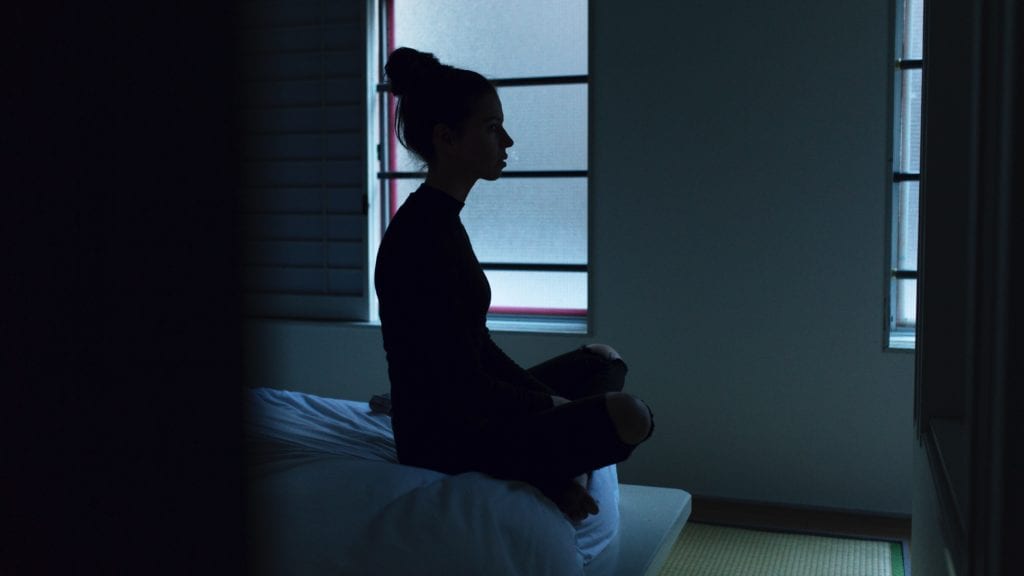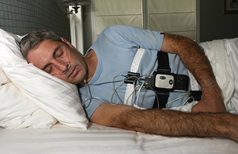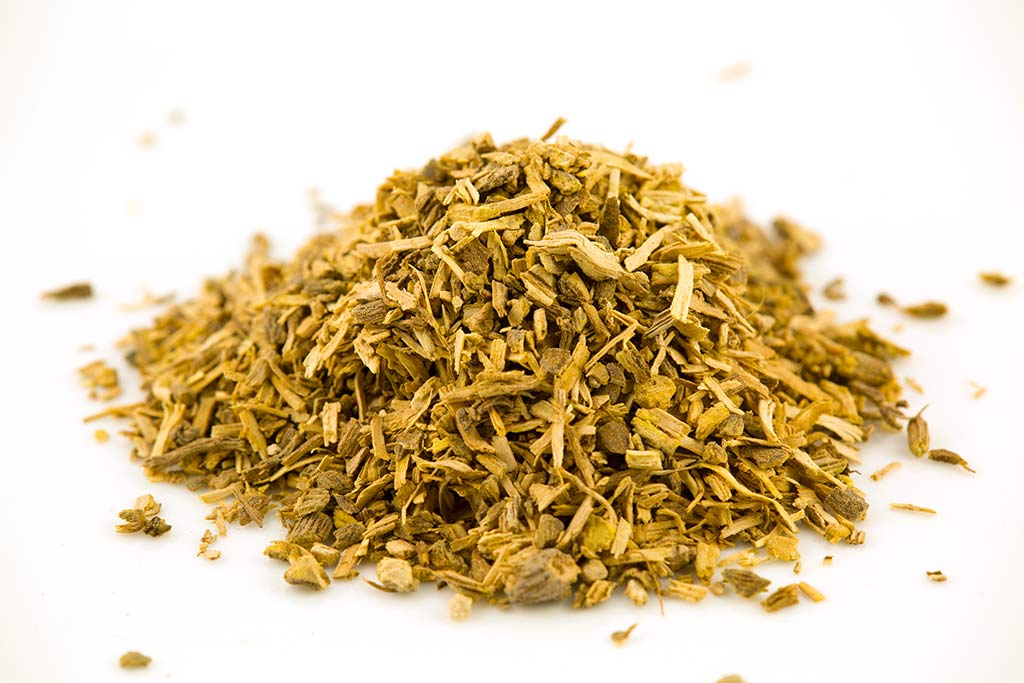Central Sleep Apnea.
Learn about Treatment, Symptoms, Causes in Children and Adults.
Central Sleep Apnea (CSA) is a type ofSleep Apneawhich involves your Central Nervous System.
This kindof Sleep Apnea occurs when your brain does not send signals to the muscles thatcontrol breathing. You might not necessarily snore but your breathing might stopand start repeatedly while you sleep due to lack of respiratory functions.
It is less commonwhen compared toObstructive Sleep Apneaand it has been estimated that people who have thissleep disorderare less than 10 percent as stated by a report by CNNHealth in the last quarter of 2009.
Types of Central SleepApnea.
As earlier said CSA occurs when your brain does not sendsignals to the breathing muscles. These muscles are found in your brainstem. Itis your brainstem that controls your breathing and also your heart rate. Thebrainstem also connects your spinal cord to your brain.
The different types ofCSA are;
- Cheyne-StokesRespiration CSA:You would experience this if you have a heart failure and stroke. In this case there isa steady, gradual increase and then decrease in breathing effort andairflow. The signals stops occur when there is a very weak breathing effortand lack of airflow.
- IdiopathicCSA:This occurs when you have repeatedpauses in your breathing effort and airflow, and it is also not associatedwith any other disease.
- DrugInduced CSA:This kind of CSA is inducedby the usage of certain drugs or medication which can distort or hamperyour breathing pattern. Such drugs include but are not limited to morphine,codeine, or oxycodone.
- MedicalCondition Induced CSA:This is a kind of CSA that occurs becauseof damage to one’s brainstem by a medical condition or surgery.
- HighAltitude Periodic Breathing:This kind of CSA is inducedwhen an individual is exposed to a high altitude, usually attitudes greaterthan 15,000 feet.
Causes of CentralSleep Apnea.
Well, there are a number of factors that can make you proneto CSA.
- If you fly frequently athighaltitude, there is atendency that you might experience CSA. Anything startingfrom 14,000 feet above sea level could bring about a loss of breath andtrigger CSA.
- Anylife-threatening, disease or injury affecting your brainstem might resultin breath seizures while you are sleeping or even awake.
- Some certain substanceslike morphine, codeine or any painkillers that contain narcotics caninduce CSA. These kinds of drugs may de-regularize your breathing patternand trigger CSA.
Other causes include:
- Severe Obesity
- Neurodegenerativeillnesses e.g. Parkinson’s
- Complicationsarising from a cervical spine injury or even radiation of your cervical spineinjury due to chemotherapy.
NEXT:Central Sleep ApneaSymptoms
.
Return From Central Sleep Apnea to Trouble Sleeping Home.






